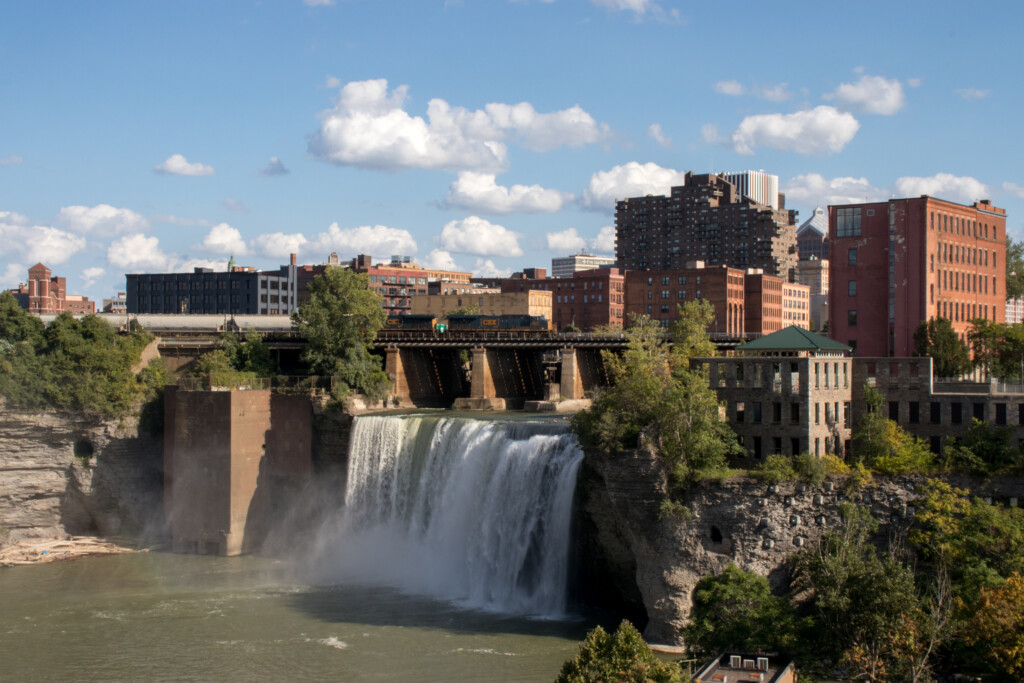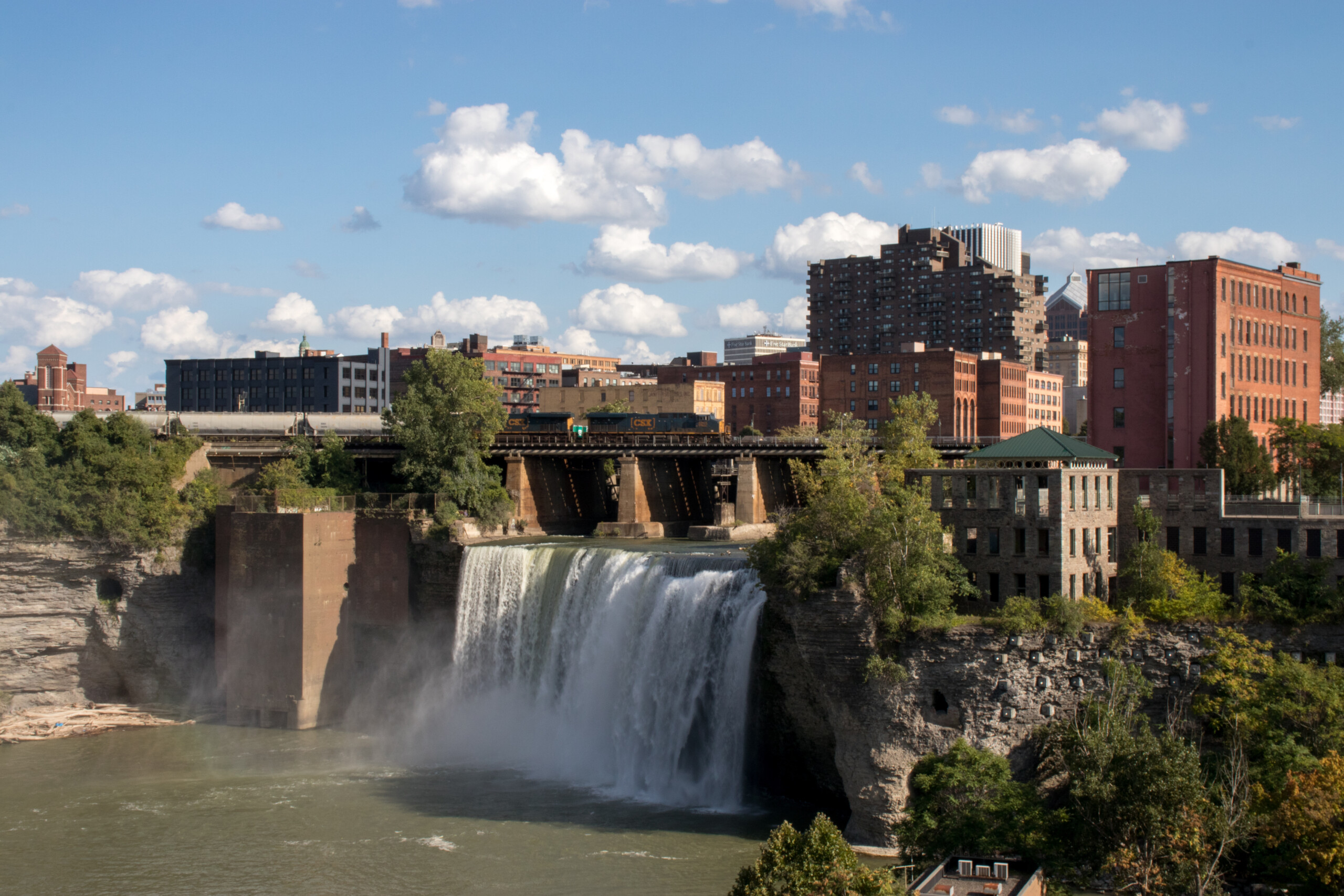On Friday, Clement Chung, Deputy Director of Monroe County’s Department of Environmental Services, who oversees sustainability and climate action in the community, presented an overview of Monroe County’s Climate Action Plan in the Humanities Center as part of Grassroot’s annual Earthfest.
The Climate Action Plan is divided into two phases, Phase 1 and Phase 2. Phase 1 — which has been completed — included identifying and prioritizing goals that will reduce greenhouse gas (GHG) emissions in County operations as decided by project leaders and an advisory committee consisting of legislative appointees, citizen appointees, and student-appointed leaders.
Chung mentioned an important part of the construction of the plan was “prioritizing mainly greenhouse gas mitigation versus paying to adapt to those climate changes once they’ve happened,” which would in turn reduce economic impact.
Phase 2 emphasized the importance of community efforts in the Climate Action Plan. It involves creating a community-wide GHG inventory and Climate Action Plan. It would be broadened to emissions from the community in focus areas like housing, transportation, and private industry operations.
There was an additional push for community input for Monroe County’s Phase II CAP focus areas using an interactive ideas wall. Advisory Committee meetings are also open to the public and held monthly. Public forums are held as part of each meeting to allow space for community members to voice their own concerns because of the need to have a joint community effort to reduce emissions.
With regards to the University, Chung noted, “The [University] is definitely a huge, we call them, megaphone group. They have an influence that is outsized in the community. We want to make sure whatever they plan aligns with us. Within the University’s new strategic plan’s top five items, there is nothing explicitly mentioning sustainability.”
Despite being one of the largest employers in the community, the University currently lacks its own climate action plan, unlike other universities like RIT. After pushback from students in early 2020, the University’s first sustainability plan was drafted and was supposed to be finalized over the summer of 2022. There have been no further updates on the state of the plan. There have been individualized efforts toward sustainability by some University departments and on-campus student groups such as EcoReps, Sustainability through Engineering, and Grassroots.
Grassroots, an environmental action and awareness group on campus, organized this speaker event as part of their annual Earthfest, a series of events promoting sustainability and climate action over the course of the weekend for Earth Day. Events included a riverside cleanup of the Genesee River, a tree planting on campus, and a community sustainable dinner.
Grassroots Earthfest 2023 ends Monday with a Clothing Exchange in Hirst Lounge from 5 to 8 p.m.
Editors Note 04/19/23: A previous version of this article stated that only student groups are engaging in individualized sustainability efforts. Some University departments have also engaged in efforts to improve sustainability.



